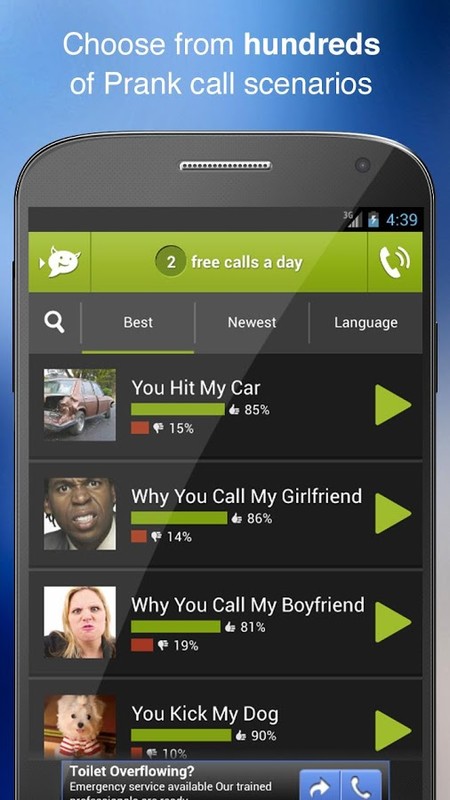
This would probably have been the response of Aristotle, and indeed the majority of pre-Christian, and especially pre-Kantian, thinkers.

One option is to say that there is no unfairness here: this is just how things are, and if you act in some foolish way and somebody dies then you have to accept the penalty. And yet it would seem bizarre if the outburst of blame were extended to everyone who does anything like make a prank call. Surely morality, if anything, must be fair? If the two DJs have acted no differently from those who make prank calls which do not lead to terrible results, then it cannot be right to blame them to any greater extent. The two DJs are being held to account for something over which they did not have control, and many find this deeply troubling. This is an example of moral luck – in this case, bad moral luck. But there is little doubt that they are being subjected to significantly more blame than many others who engage in similar stunts. Some criticism might well be made of any person who engages in such deception for the purposes of entertainment, and the fact that the DJs’ actions were therefore not entirely ‘innocent’ has perhaps fuelled the flames of protest.

An outburst of blame, vituperation, and indignation, including death threats from all over the world, has followed the sad suicide of a nurse who fell for a ‘prank call’ from two Australian DJs and unwittingly released confidential information about a member of the British royal family.


 0 kommentar(er)
0 kommentar(er)
